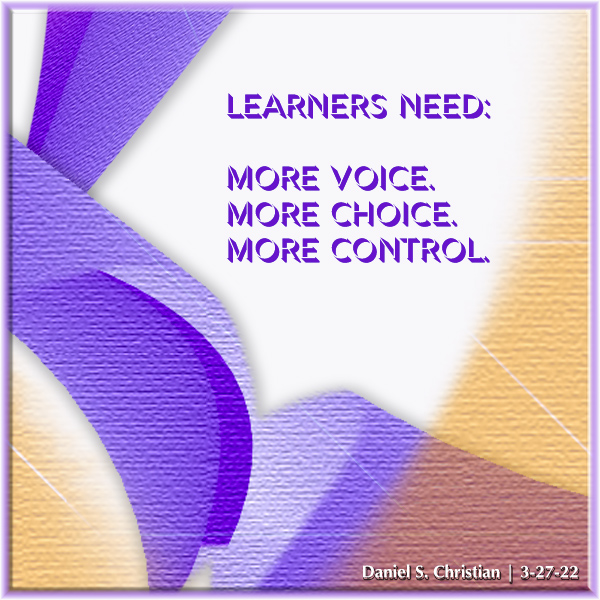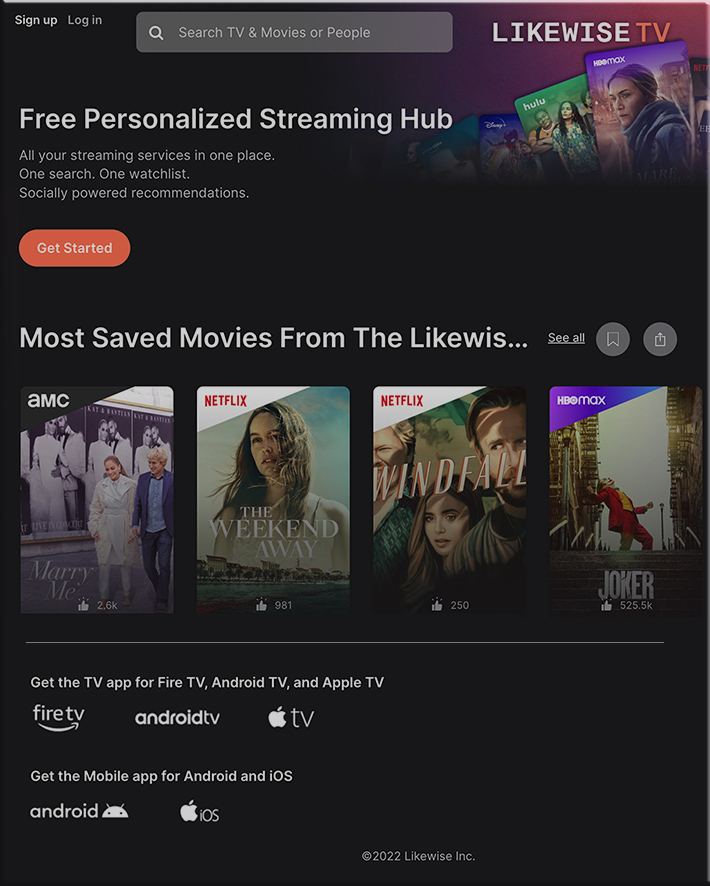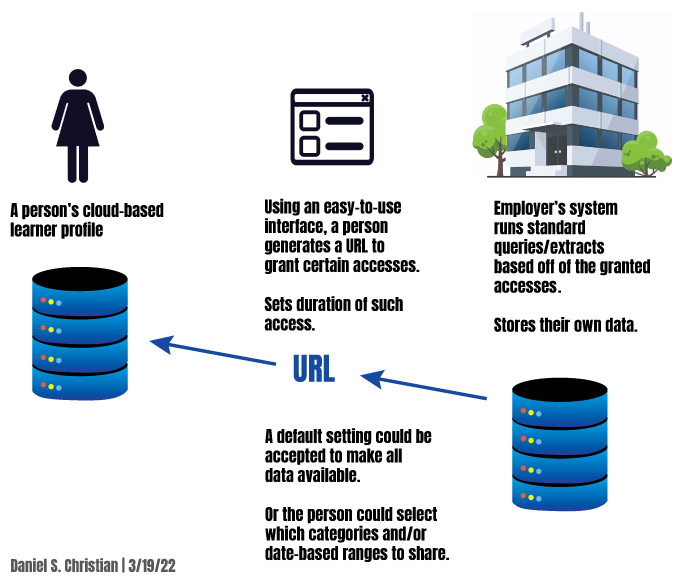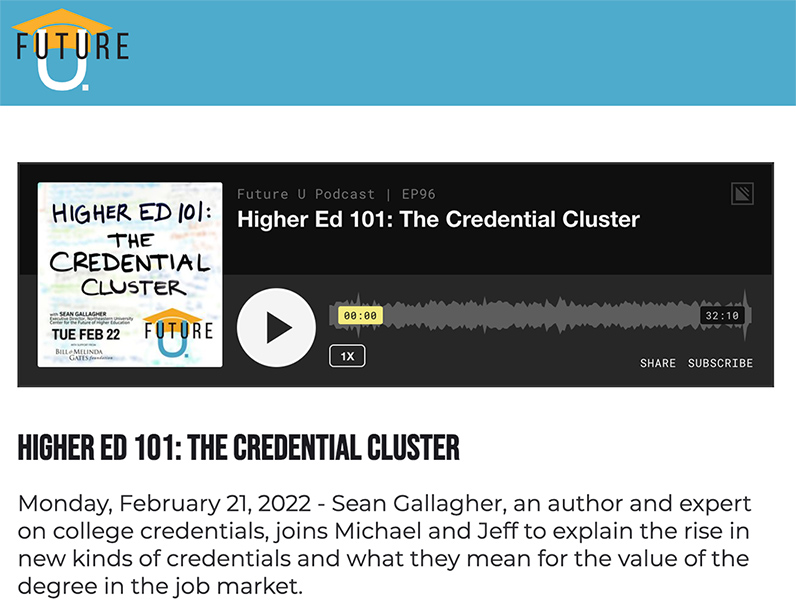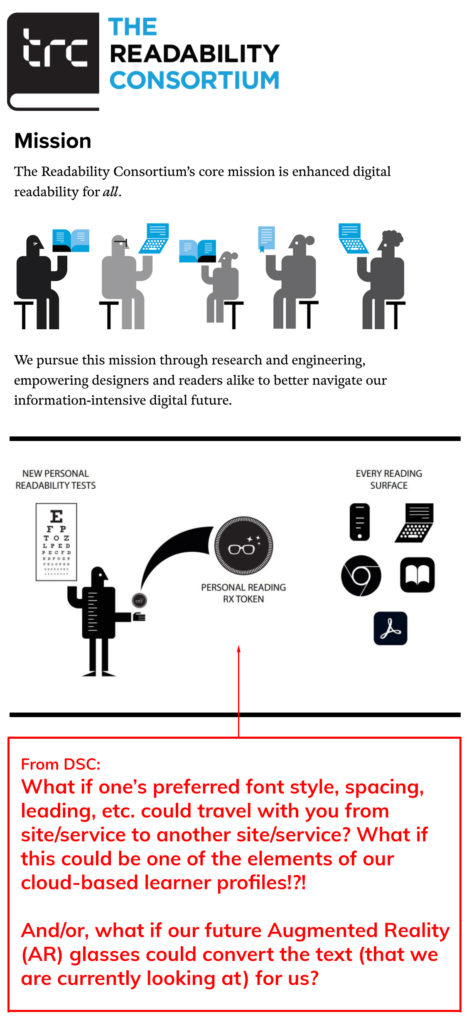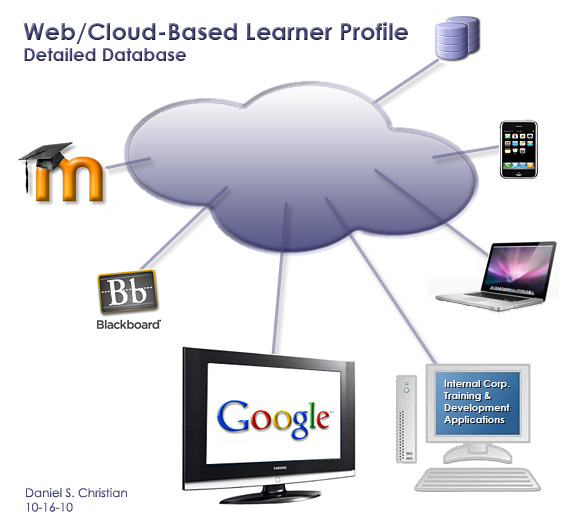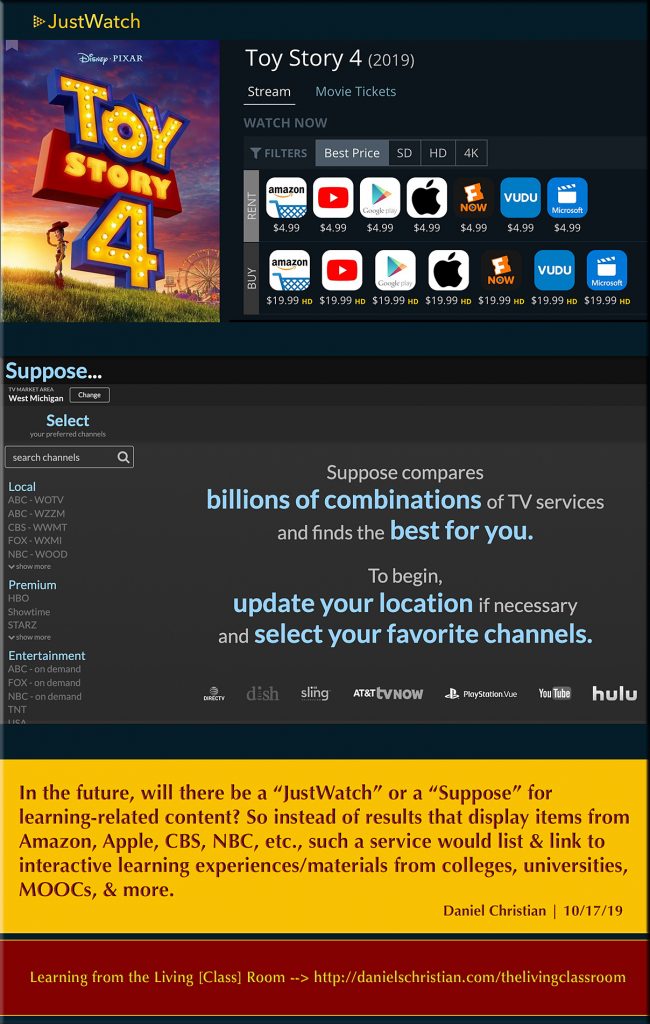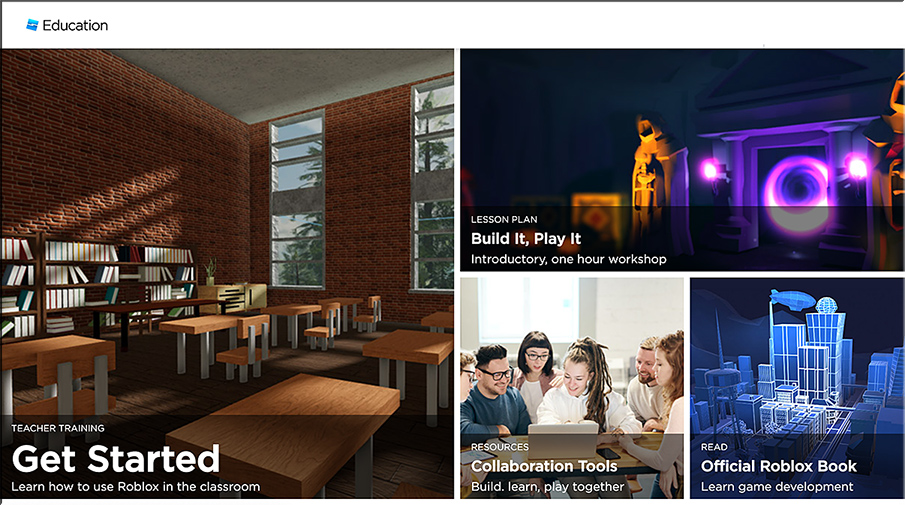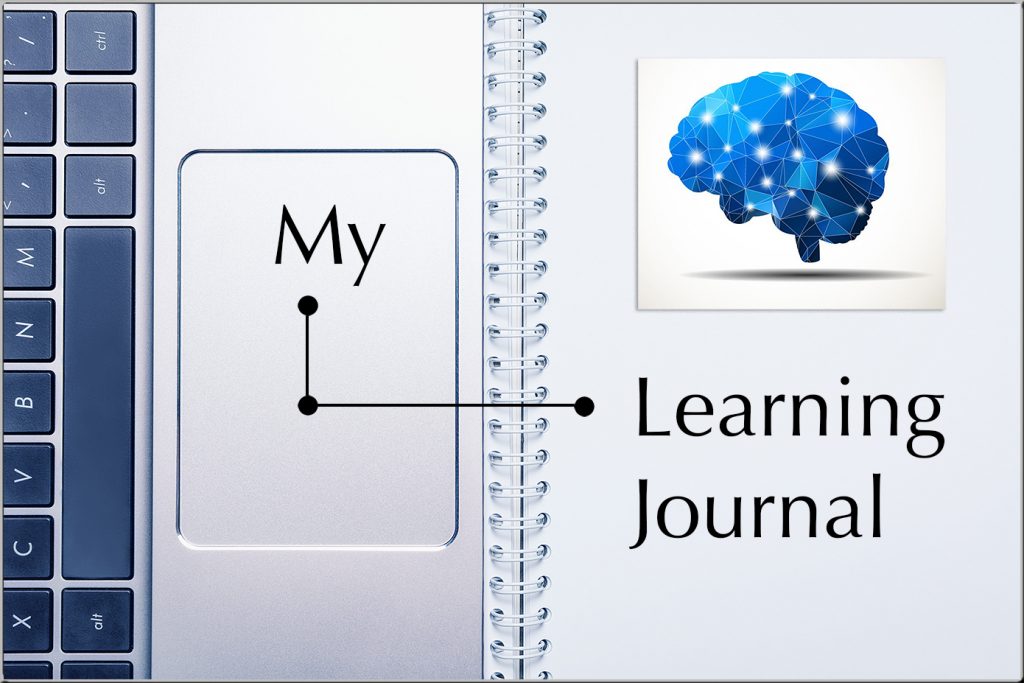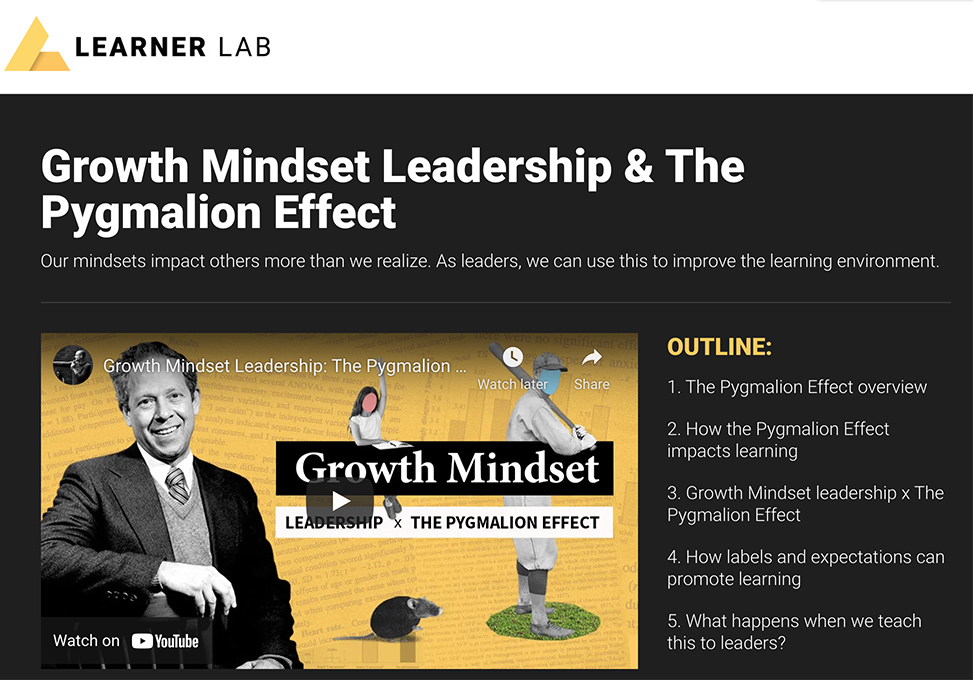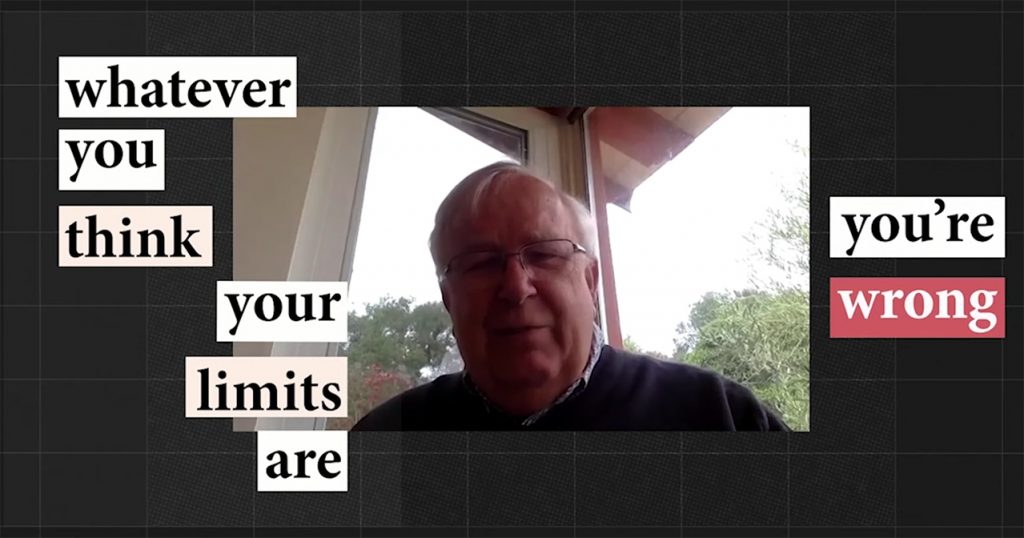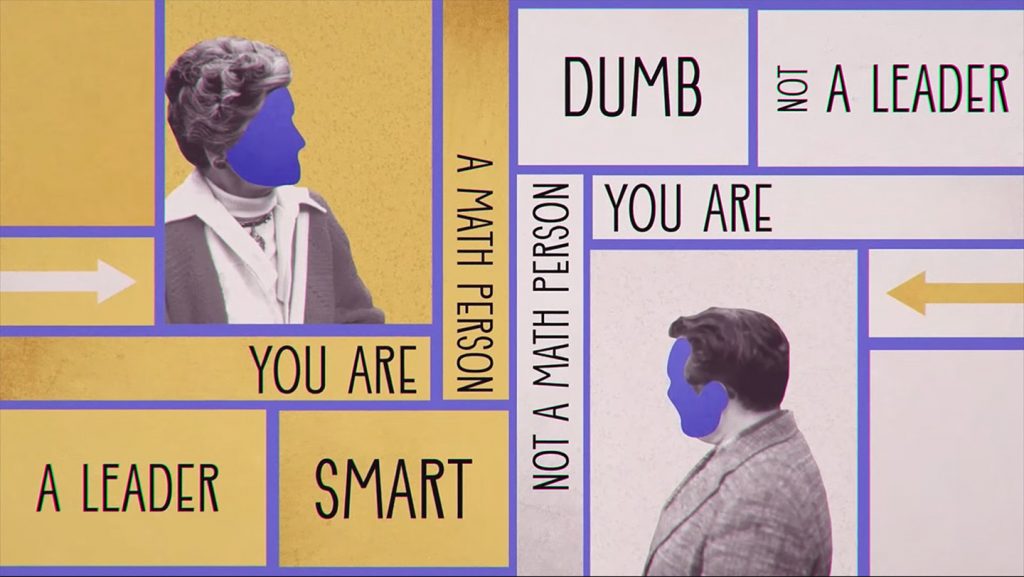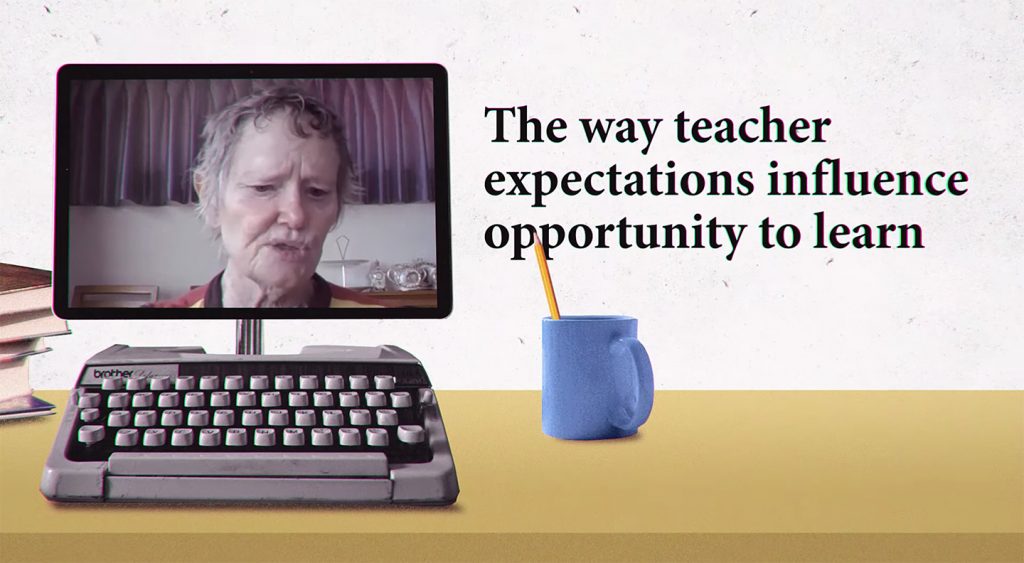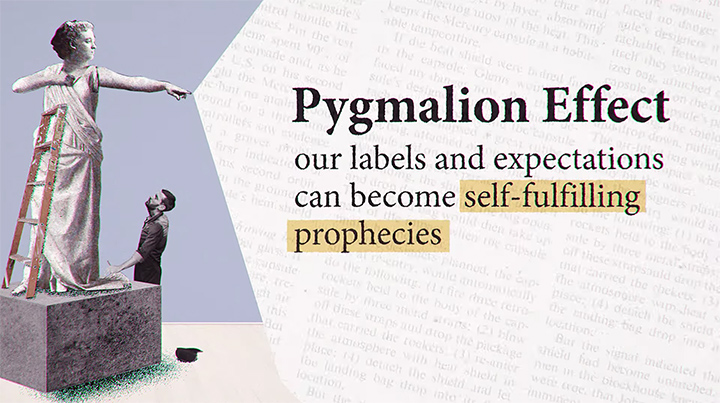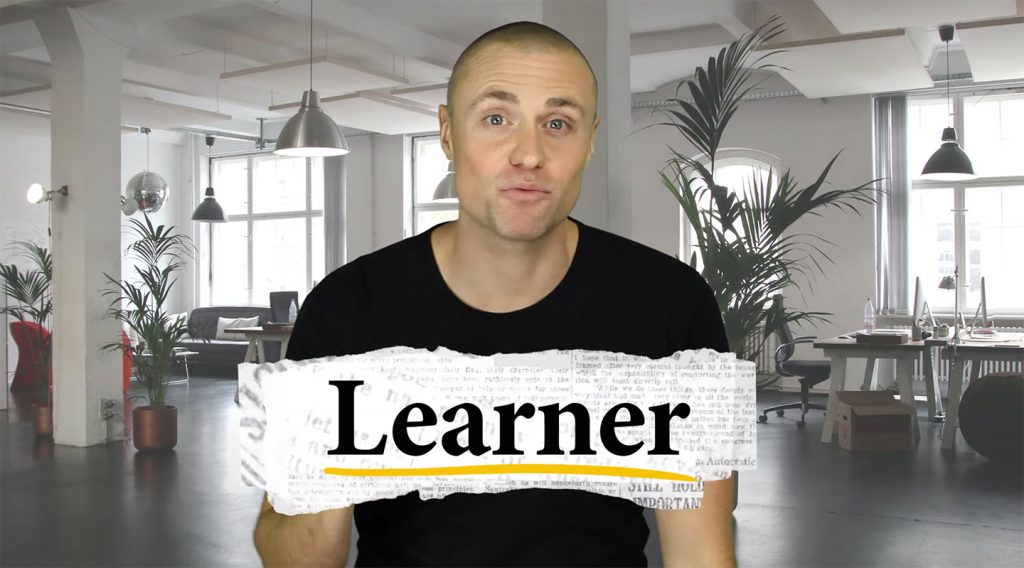
K-12 education in America is like quickly moving trains that stop for no one.
From DSC:
A family member struggles with spelling — big time. This causes her major amounts of anxiety in school.
Another family member had some learning disabilities and reflects back on school with some bad memories.
Another family member struggles with social graces and learns at a much different pace than her peers — the move to her education being (predominantly) done via homeschooling has helped significantly.
A friend of mine has Dyslexia. He recently said that school was hell for him.
Another person I know doesn’t understand his daughter’s learning disabilities — at all. He’s asking a fish to climb the tree and yells at his daughter when she doesn’t produce like the other kids do. Her school is for college-bound learners, and there’s always pressure to maintain the school’s “blue-ribbon” status (i.e., sorry if you don’t fit in…but please board the train anyway, as it’s about to depart).
These people and stories about their educations got me to reflect on all the people who went through the school systems in the United States (over the last few decades) that didn’t work well for them. In fact, not only did the systems not work well for them, they were the sources of a great deal of pain, anxiety, depression, anger, frustration, and embarrassment. Instead of being a place of wonder or joy, school was a painful, constant struggle to get through.
For those who can keep up or even excel at the pace that the trains travel at, school isn’t that much of a problem. There are likely different levels of engagement involved here, but school is manageable and it doesn’t cause nearly the stress for someone who struggles with it.
For those with learning disabilities, I’d like to apologize to you on behalf of all the people who legislated or created rigid, one-size-fits-all school systems that didn’t understand and/or meet your needs. (Why we allow legislators — who aren’t the ones on the front lines — to control so much of what happens in our school systems is beyond me.) I’d like to apologize on behalf of all of the teachers, administrators, and staff who just accept the systems as they are.
Please help us reinvent our school systems. Help us develop the future of education. Help us develop a more personalized, customized approach. For those who are working to provide that, thank you! Thank you! Thank you!
To everyone working within Pre-K through 12th grade, help us offer: More voice. More choice. More control. The status quo has to go. School should not be a constant source of pain and anxiety.
